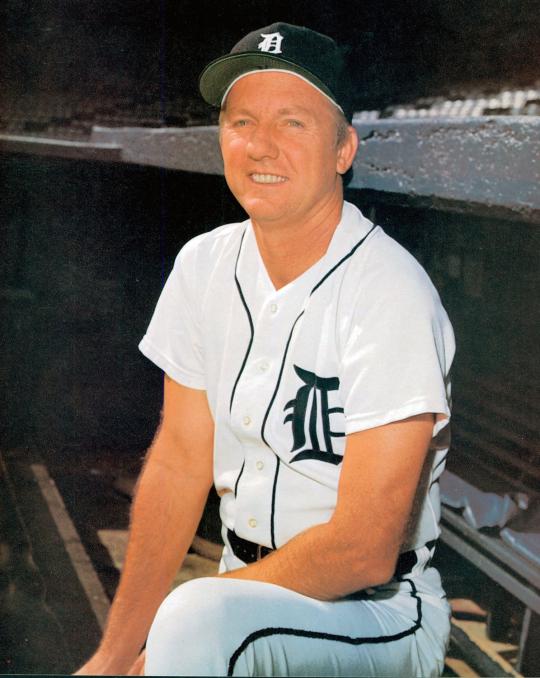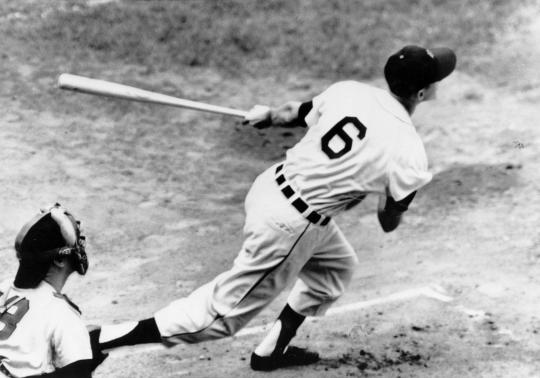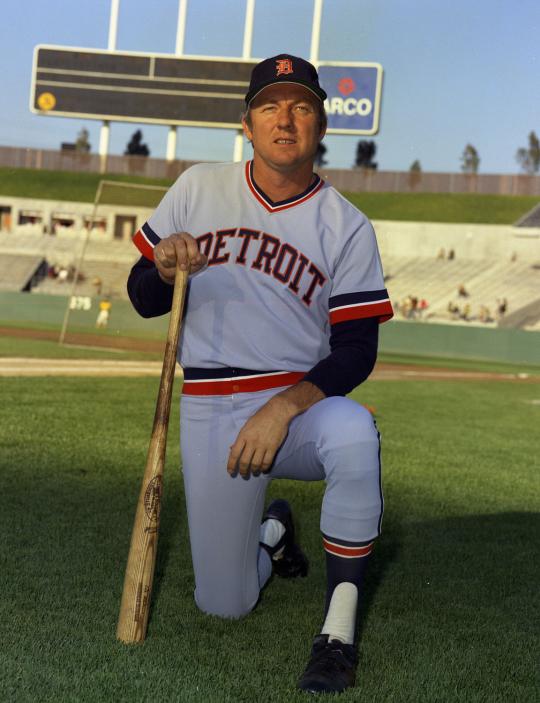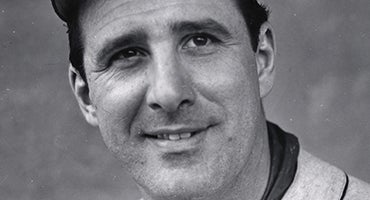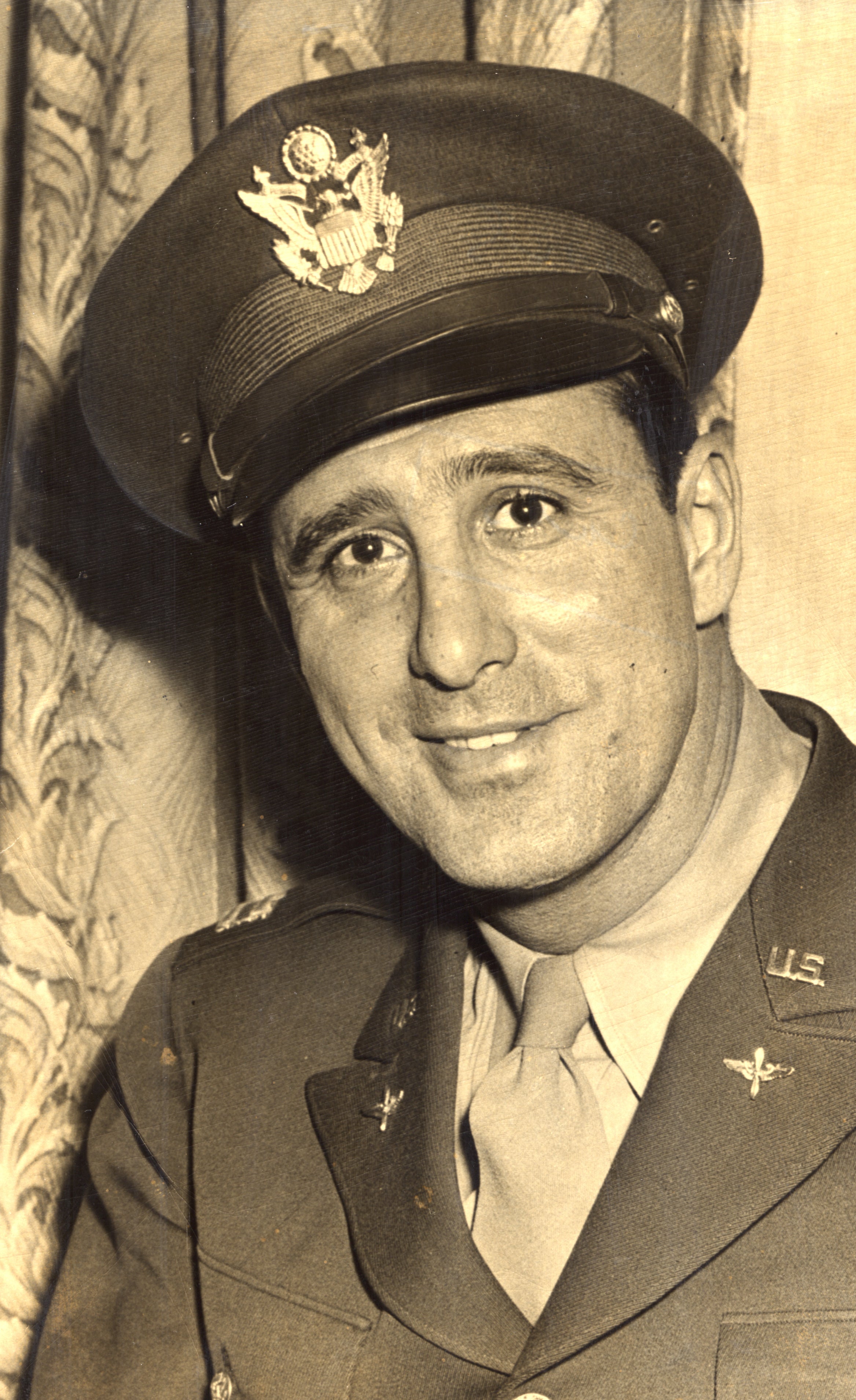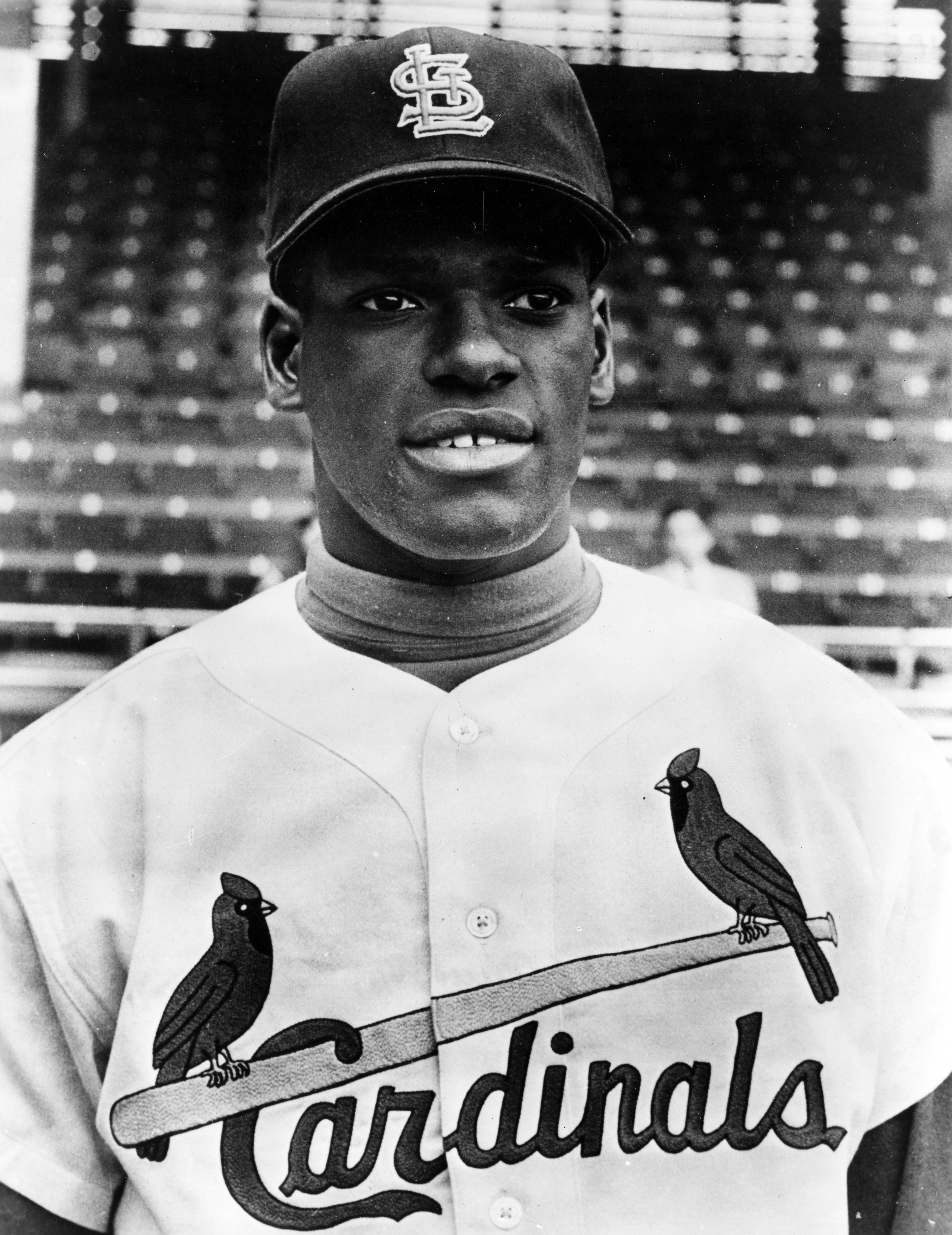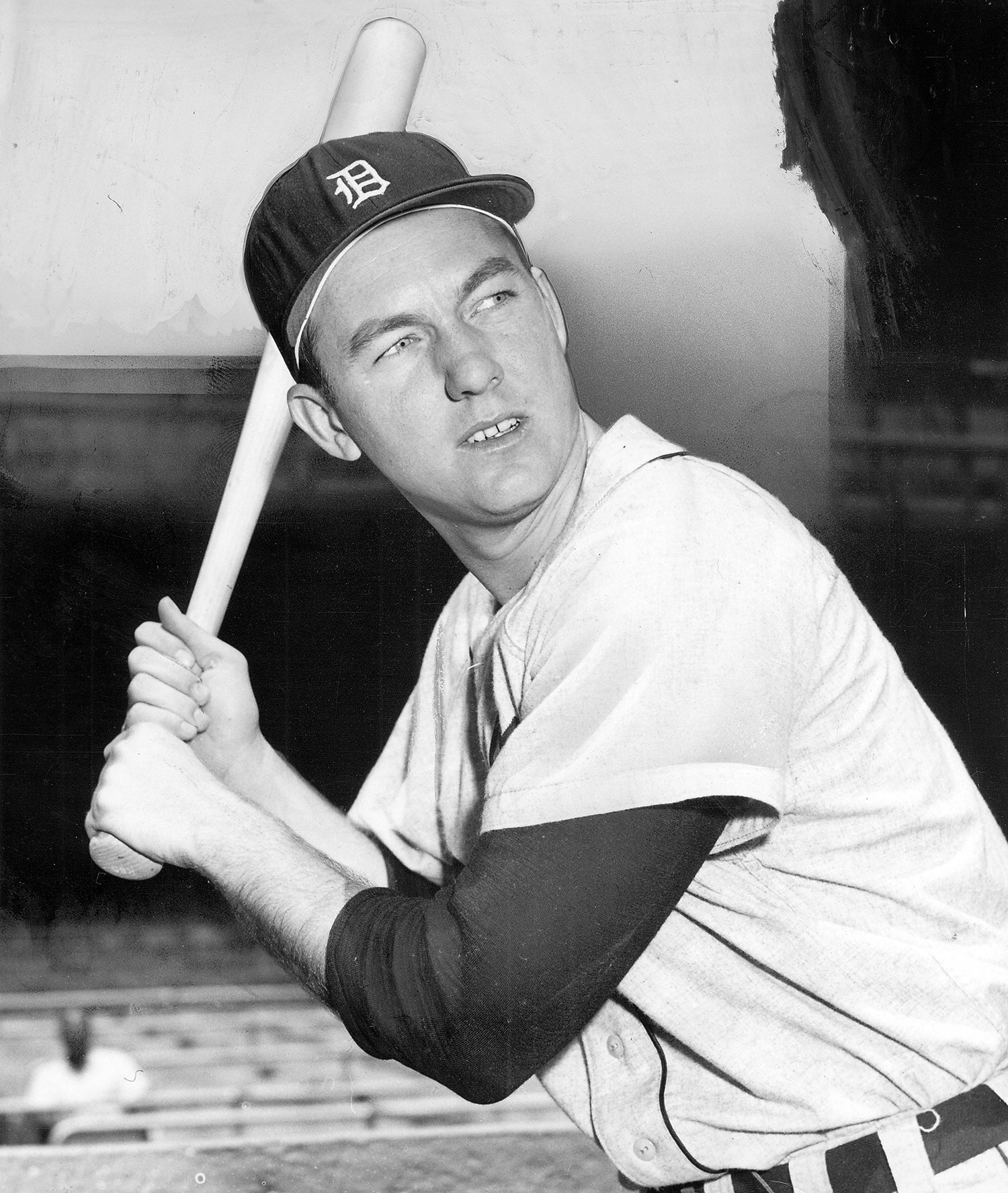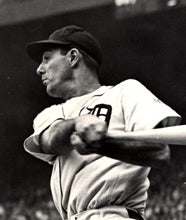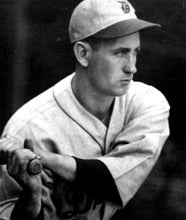- Home
- Our Stories
- Mr. Tiger was model of consistency
Mr. Tiger was model of consistency
He was one of baseball’s most complete players for 22 seasons, combining a line-drive stroke at the plate with stellar defense in right field.
But Al Kaline was also one of the game’s most prolific home run hitters.
And on May 19, 1968, Kaline took his place atop the Detroit Tigers’ all-time list.
Kaline’s sixth-inning homer off of Washington’s Steve Jones helped power Detroit to a 7-0 win over the Senators at Tiger Stadium.
The home run was the third of the season for Kaline, giving him 307 in his 16th season in Detroit – passing Hall of Famer Hank Greenberg for the top spot all-time in Tigers’ history.
“What impressed me the most in the games I saw him play was that every time you needed something done, he did it,” said former Tigers general manager John McHale of the player known simply as “Mr. Tiger.”
“He reminds one of (Hall of Famer Charlie) Gehringer – reserved, modest, but always doing the job. He’s unexcitable and has a cold, calculating manner during a game.”
Gehringer, who played with Detroit for his entire big league career from 1924-42, finished his career with 2,839 hits and a .320 batting average to go along with 184 home runs.
Kaline, meanwhile, was only 33 when he eclipsed Greenberg’s mark, and showed that he had plenty left in the tank that season when he helped the Tigers reach their first World Series in 23 seasons.
In that Fall Classic against the St. Louis Cardinals, Kaline batted .379 with two homers and eight RBIs to lead Detroit to a 4-games-to-3 win.
Kaline would play six more big league seasons after 1968, finishing with 399 home runs – still tops among Tigers players. He totaled 3,007 hits, scored 1,622 runs, notched 1,583 RBI, was named to 18 All-Star Games and won 10 Gold Gloves – all with Detroit.
He was elected to the Hall of Fame in 1980 in his first appearance on the Baseball Writers’ Association of America ballot.
Craig Muder is the director of communications for the National Baseball Hall of Fame and Museum

